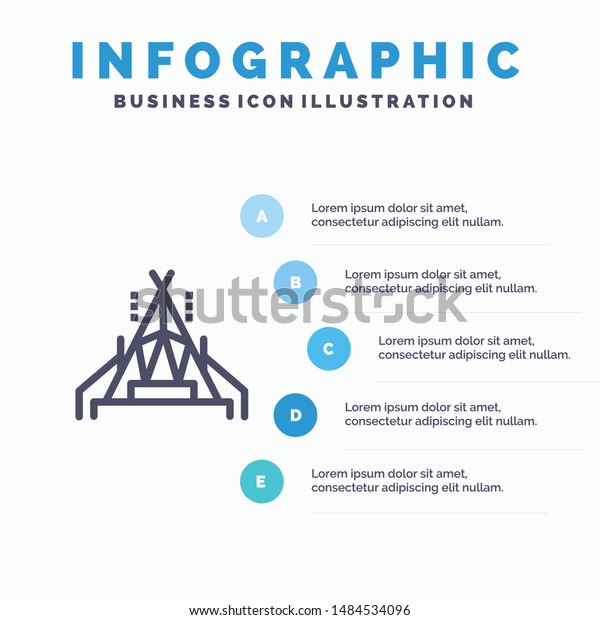Picking the right structure material is essential for event outdoors tents. Whether it's covered steel for spending plan camping tents or plated aluminum for sturdy applications, there are numerous factors to consider to keep in mind.
Steel frameworks prevail in lower-priced pop-up outdoors tents but are prone to corrosion despite finishings and call for normal maintenance. Aluminum is lightweight, naturally resists rust, and holds up well in damp or seaside settings.
Steel
When it involves ensuring the sturdiness of custom-made camping tents, the product utilized in their frameworks plays a crucial duty. Steel and light weight aluminum alloys both supply premium durability, yet each deals one-of-a-kind benefits that make it appropriate for various types of settings. Steel is optimal for rugged problems, while aluminum master withstanding deterioration and lessening maintenance costs.
When event hosts choose the best outdoor tents for their requirements, they need to think about factors like anticipated weather conditions. As an example, framework outdoors tents typically execute better in gusty or stormy problems than pole camping tents due to the fact that they don't rely upon a central post to support the framework. However, the links in between framework items can weaken in high stress and anxiety scenarios. Identifying these weak points and executing routine examinations can help stay clear of potential damage.
Steel structures are hard to reduce, weld or form, which can require customized tools and enhance labor prices. In addition, they have a tendency to corrosion or corrode quickly and might need additional defense or coatings. Furthermore, steel is really heavy and can trigger concerns when carrying a cover. It's also challenging to save for extended periods of time because it uses up extra space than aluminum structures.
Light weight aluminum
Aluminum is a prominent structure product for cover tents since it's light-weight, rust-resistant, and easy to transfer and establish. It additionally provides a much more steady sanctuary throughout gusty conditions than steel frames. Aluminum is much less vulnerable to tearing and any kind of damage can be easily repaired, extending the life of the outdoor tents. It additionally breathes to decrease condensation and offers exceptional acoustic insulation to moisten outdoors sound.
The durability of light weight aluminum structure outdoors tents is better enhanced by the natural oxidation buildings of the steel. It creates a compact oxide layer that protects the surface from rust and spots. Therefore, the durability of a light weight aluminum turn up tent can be improved even further when the frame is anodized.
Anodized aluminum is stronger than steel and can endure high wind speeds. Additionally, the finishing withstands rust and spots, prolonging the life-span of the outdoor tents. In addition, plated light weight aluminum is recyclable and lasting, making it excellent for organizations looking for LEED qualification. The mix of these residential properties makes light weight aluminum a much more economical choice than steel for big, durable outdoors tents, such as those utilized to fit commercial devices and storage facility inventory. Steel, on the other hand, is more costly due to the fact that it calls for pricey alloys such as nitrogen, molybdenum, and chromium to improve strength.
Iron
Iron framework camping tents usually last up to 15 years if the right treatment and upkeep is applied. This includes routinely cleaning textile and checking metal components for corrosion and wear. By taking these actions, event hosts can make best use of the integrity of their frameworks and ensure their ongoing efficiency in difficult environments.
Steel is an ideal product for building durable outdoors tents, specifically for use in harsh weather. It is a strong, strong, and cost effective material that offers security and durability for a large range of applications. However, steel is prone to rusting in moist and coastal environments. The enhancement of protective layers and routine maintenance can assist to minimize this danger, but these initiatives boost overall upkeep sleeping bag expenses.
In contrast, light weight aluminum is a much more durable selection for a customized outdoor tents because of its all-natural oxidation residential or commercial properties. When plated, aluminum ends up being super-strong and up to 3 times harder than typical aluminum alloys. This makes plated aluminum the second-hardest material next to ruby (satellites, aircraft, and army cars all make use of anodized aluminum). Along with its resilience, plated light weight aluminum is also a lot more resistant to rust than steel. These aspects make light weight aluminum an outstanding selection for pop up canopy camping tents and contribute to their capability to bring longer service warranties (5, 7, and even lifetime structure warranties). Furthermore, light weight aluminum is 1/3 the weight of steel permitting a much thinner frame style for even more modification options and enhanced stamina.
